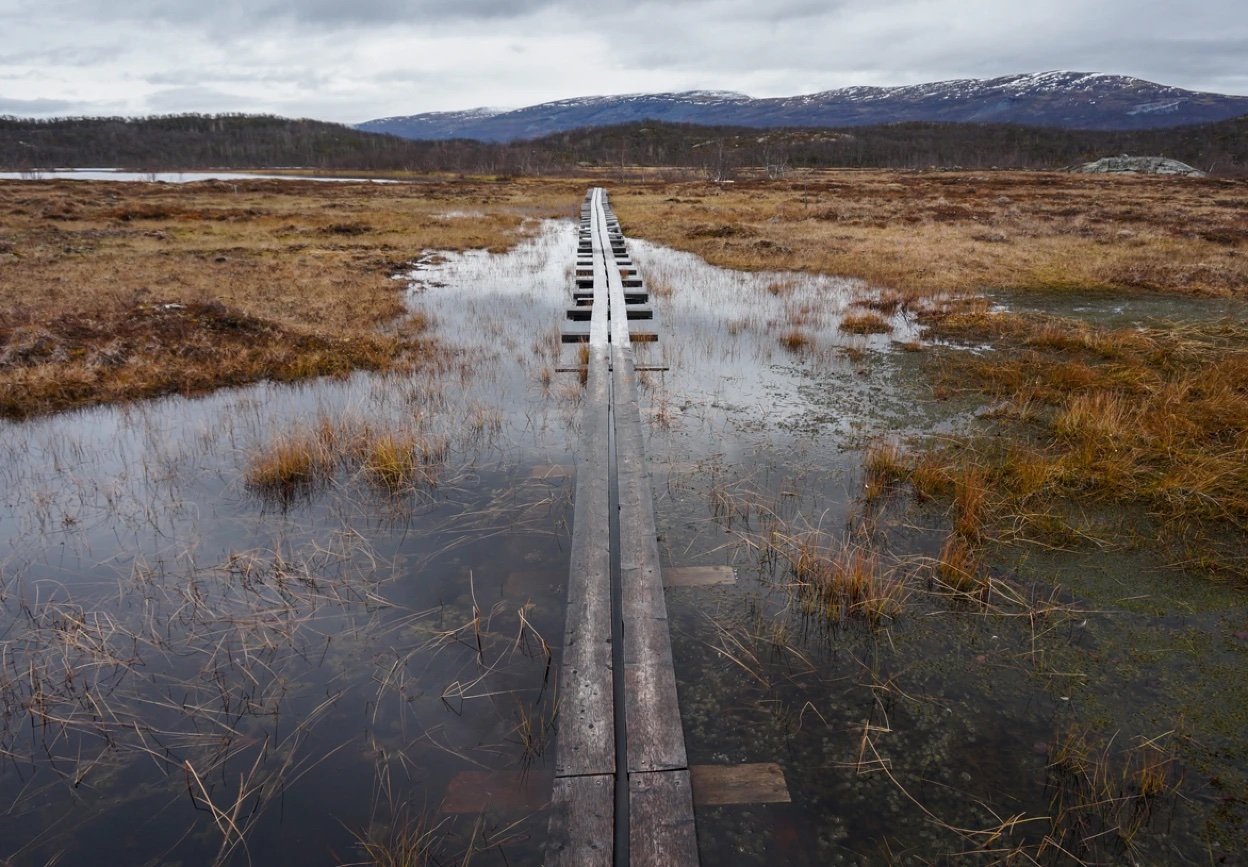I am a freelance science journalist based in Cambridge, MA. I write about a wide range of biology and health topics. You can read my stories in National Geographic, The New York Times, Scientific American, Nature, Quanta, Wired and more. Wanna see what I am writing about now? Follow me on Linked In.
Some featured stories:
NATIONAL GEOGRAPHIC
Researchers discovered painted ladies on a South American beach and then built a case that they started their journey in Europe or Africa..
As artificial intelligence becomes increasingly integral to the world outside academia, universities face a crucial choice: to use or not to use.
Hibernators can quickly recover from heart attacks, muscle degradation, and other incredible bodily stress. Why can’t humans?
Nearly 40 years of research into the contaminated area around Chernobyl is providing some clues.
Scientists are putting together a catalog of communications from belugas’ forehead “melon”
New research into how to rid the body of these cells could stave off old age.
Two presidents’ contrasting COVID experiences illustrate the moonshot-caliber medical achievements that let many patients be treated at home instead of in an ICU
Radiation exposure remains a devastating hazard to human health, and a poignant reminder that nuclear disasters have lasting consequences.
As abortion access shrinks in the U.S., more people will likely turn to medication abortion.
Antibodies can change to counter new forms of the shape-shifting virus, research hints
With Roe v. Wade overturned, banning abortion in many states could lead to a large number of ob-gyns avoiding practicing there or failing to receive crucial medical training
Don’t be misled by the bloodthirsty names of immune cells. Mounting research shows that the cells also fine-tune tissues and help the body heal.
Gastroenterologist Brennan Spiegel theorizes that gravity may be a cause of irritable bowel syndrome—and possibly other health issues.
Spurred by the pandemic, scientists are studying the benefits of intranasal vaccines and what makes them more potent than shots in the arm.
There’s a valid reason for covering up in the cold, but it has more to do with keeping your nose warm than keeping your coat zipped up.
Turns out, you have very little say in whether you become a medical school’s cadaver or a crash-test dummy.


























